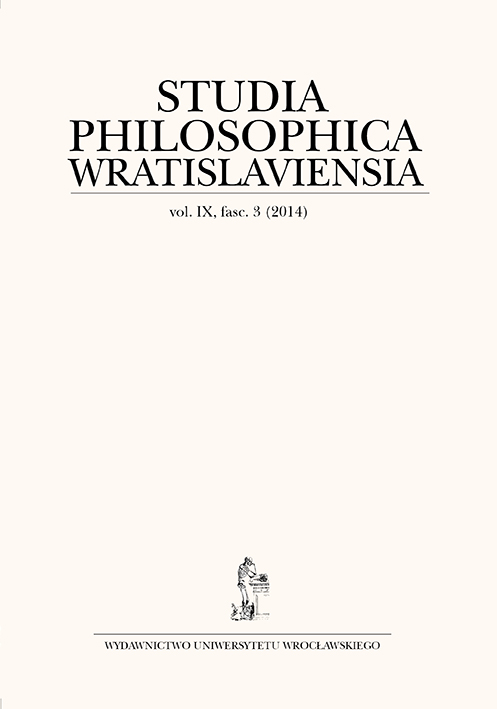

Artykuły

Jane Austen’s Mansfield Park as a “paradigm of moral activity”
The author considers the question of what the essence of moral education is through literary works such as Jane Austen’s Mansfield Park. The author believes that these works could be interpreted in terms of ethical theories or as a specific method of conducting ethical reflection through which the moral content of the novels becomes an object of the reader’s moral experience. This experience is not an automatic assimilation of moral rules, but amounts to opening oneself to the enrichment of perception and sensitivity through the prism of moral assessment of situations presented by the writers. Analyzing the character of Fanny Price, Jane Austen’s heroine, in the context of ethical theory, the author shows that perfectionism is not the right key to the understanding of the story of Fanny and that her life can be understood in the context of virtue ethics. However, that is not the only key to the novel. What is much more important is that the story of Fanny may be subject of the reader’s commitment. In this way Austen’s novel and the reading of the novel become what Martha Nussbaum calls the paradigm of moral activity.